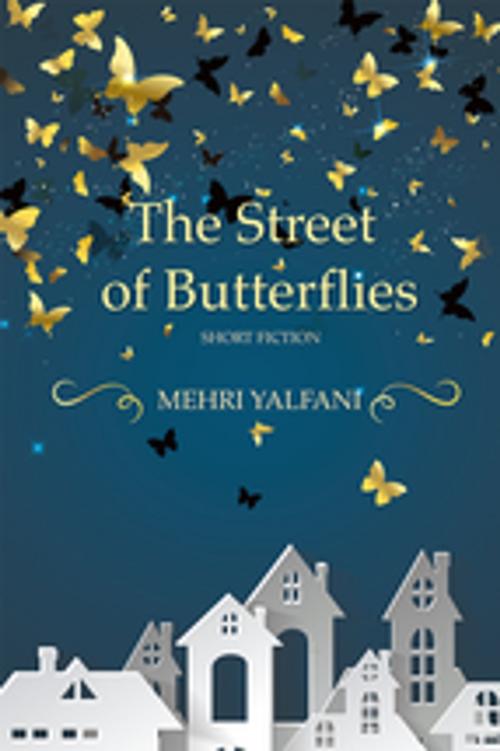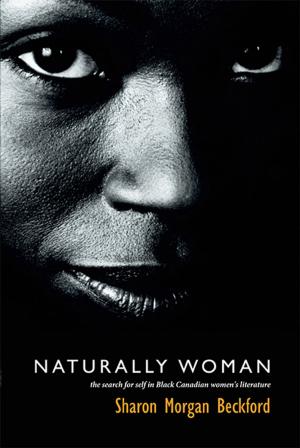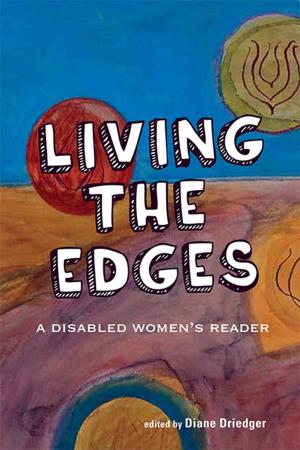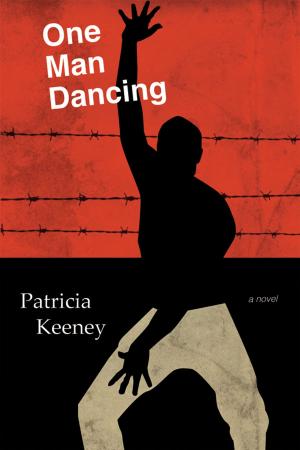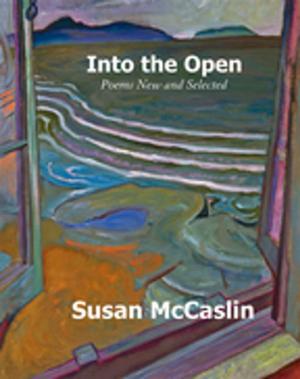| Author: | Mehri Yalfani | ISBN: | 9781771334266 |
| Publisher: | Inanna Publications | Publication: | September 15, 2017 |
| Imprint: | Inanna Poetry and Fiction Series | Language: | English |
| Author: | Mehri Yalfani |
| ISBN: | 9781771334266 |
| Publisher: | Inanna Publications |
| Publication: | September 15, 2017 |
| Imprint: | Inanna Poetry and Fiction Series |
| Language: | English |
Mehri Yalfani’s stories in The Street of Butterflies feature Iranian women dealing with displacement, cultural change, and struggles for survival and adaptation as immigrants in North America. At the same time, the challenges they face also reveal the racial, gendered and cultural anxieties of these same individuals who carry with them the biases of their country of origin to the norms of the new land. “Soleiman’s Silence,” “Felicia,” “If You Were I,” “Geranium Family,” and “Line,” all portray many dimensions of the migrant’s strive (or the refusal) to build a home, away from home. The stories that are set in Iran contain the complexity of the social and political context after the revolution that deposed the shah. These stories provide a glimpse of life in post-revolutionary Iran, where the new regime that replaced the old one continues the suppression and prosecution of political activists, only more harshly and mercilessly. Anyone who has lived under a brutal dictatorship can easily identify with the paralyzing fear of Sara and Nazar in the story, “Books,” the agonizing wait of Zinat for her disappeared son in “Unexpicable Story,” or the narratives of the ten-year-old child whose activist parents have perished in notorious prisons of the Islamic regime in “Where is Paradise?”
Mehri Yalfani’s stories in The Street of Butterflies feature Iranian women dealing with displacement, cultural change, and struggles for survival and adaptation as immigrants in North America. At the same time, the challenges they face also reveal the racial, gendered and cultural anxieties of these same individuals who carry with them the biases of their country of origin to the norms of the new land. “Soleiman’s Silence,” “Felicia,” “If You Were I,” “Geranium Family,” and “Line,” all portray many dimensions of the migrant’s strive (or the refusal) to build a home, away from home. The stories that are set in Iran contain the complexity of the social and political context after the revolution that deposed the shah. These stories provide a glimpse of life in post-revolutionary Iran, where the new regime that replaced the old one continues the suppression and prosecution of political activists, only more harshly and mercilessly. Anyone who has lived under a brutal dictatorship can easily identify with the paralyzing fear of Sara and Nazar in the story, “Books,” the agonizing wait of Zinat for her disappeared son in “Unexpicable Story,” or the narratives of the ten-year-old child whose activist parents have perished in notorious prisons of the Islamic regime in “Where is Paradise?”
